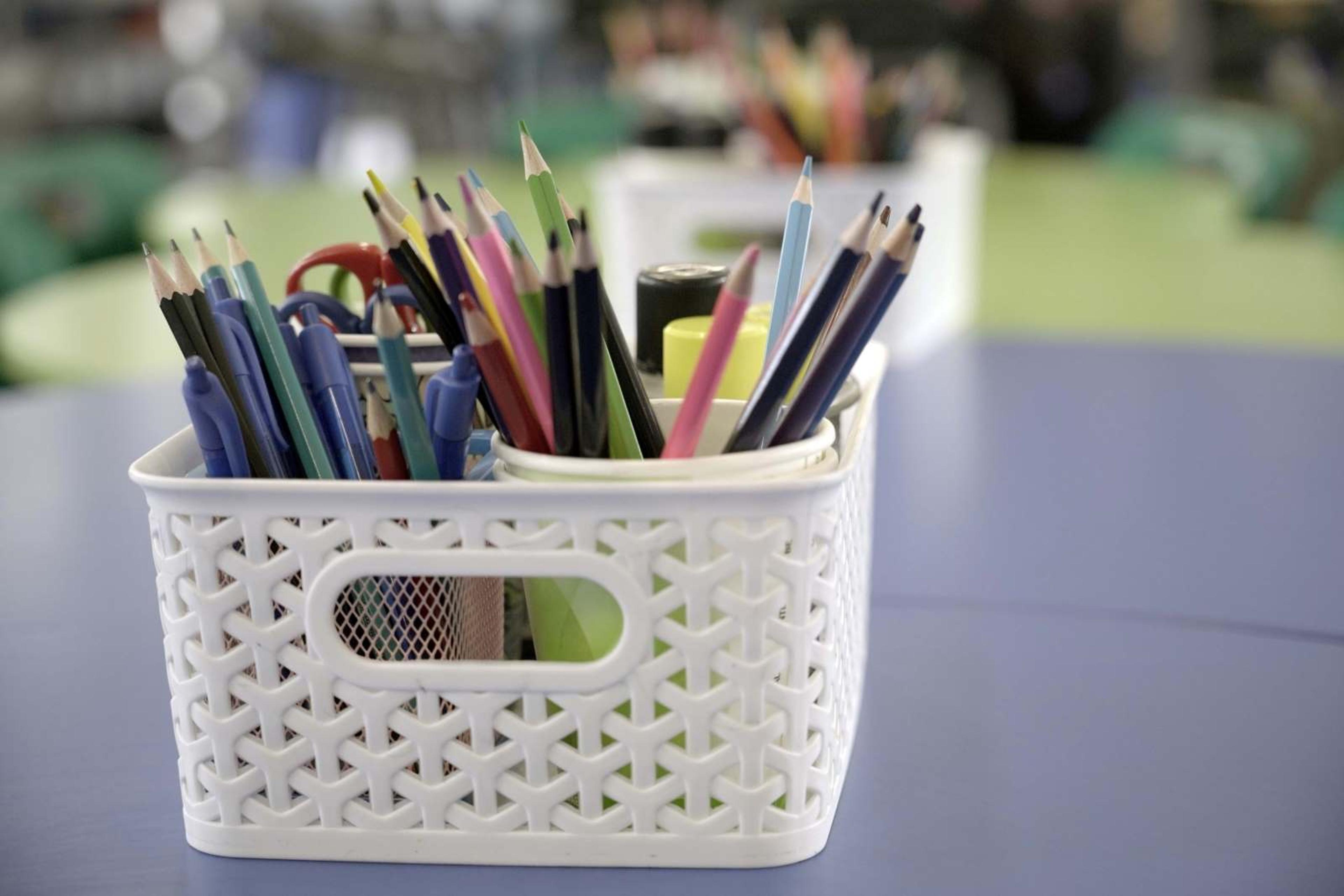

Education Minister Chris Hipkins says 90% of schools will get more funding under the Equity Index compared to the decile system.
Photo/PMN News/Candice Ama
South Auckland principal says school will lose thousands of dollars under new funding system
Stan Tiatia claims his is one of a number of South Auckland schools which will will lose out when the equity index replaces the decile system.



Pasifika Rugby leaders rally for voting rights after narrow defeat

Vi Hausia calls for stronger community engagement and increased voter turnout

Tā, ruḁ, häke: Let's celebrate Rotuman Language Week!


From mattresses to marijuana: Auckland’s illegal dumping grows

Pasifika Rugby leaders rally for voting rights after narrow defeat

Vi Hausia calls for stronger community engagement and increased voter turnout

Tā, ruḁ, häke: Let's celebrate Rotuman Language Week!
A South Auckland school principal says he’s really concerned that his school will be worse off under the new funding system which replaces the decile system in January.
Papatoetoe North Primary School Principal Stan Tiatia claims his is one of a number of South Auckland schools which will will lose out under the equity index, despite Education Minister Chris Hipkins saying most schools in the area will benefit.
Tiatia says losing his school will in effect get more than a $55,000 dollars funding cut, but says other schools wil lose up to $150,000.
“All these principals I’ve been speaking to so far have got losses and at the same time we’ve got a staffing indication for next year that wasn’t supposed to be affected by equity (funding) but we’ve all lost funding for our staffing so for us here at Papatoetoe North, we’re out by 1.14 staffing for next year compared to where we were for this year,” says Tiatia.
But Education Minister Chris Hipkins says South Auckland schools are among the 90% set to benefit from increased funding when the decile system is replaced.
“Schools in South Auckland for example will receive on average $525.47 per pupil after the changes, representing an average increase of $70.47," says Hipkins.
"This compares to schools in the north of Auckland who’ll receive on average $60.77 per pupil for an average increase of $16.60."
The 10% or 250 schools whose funding will drop will see a 5% reduction of their funding per year until the final amount is cut.
However, Tiatia says he was told that the 5% reduction will be taken off the entire funding they would normally get per year from government, which is a lot higher than the equity funding he is losing.
AUT Professor of Pacific Studies Peggy Fairbairn-Dunlop says there will be winners and losers when the equity index replaces the school decile system.
“There’s a school in Wellington that just recently, I think it was Porirua College that said that this was a total hallelujah because they were getting so much more than they had in the past. Quite a significant amount. So they said ‘and we know exactly how we can use that’”.
Hipkins admitted that some schools would lose out anyway even if there were no changes to the funding system.
“Because actually there’s been demographic changes. There’s a variety of factors here, one is the deciles hadn’t been re-calculated under the old system for quite a long time so even if we just got stuck with decile funding and recalculated deciles based on the latest census data you’ll see some schools going up and some schools going down.”
The Equity Index is also enabling 155 schools to be eligible to join the government’s donations scheme, which had been restricted to schools in decile 1 to 7.
“School donations will increase from $150 to $154.13 per student in 2023. Combined with the expansion in eligibility, this will result in up to in $9.3 million in extra funding provided directly to schools next year," says Associate Education Minister Jan Tinetti.
“If those schools and kura join the scheme the families and whānau of around 47,000 young people at 155 schools will no longer be asked for donations."
Tinetti says the Equity Index will also enable an extra 3,000 students at 24 schools to join the Ka Ora, Ka Ako Healthy School Lunches programme to get free, healthy lunches at school.
The Equity Index is based on 37 factors that is known to affect students’ performance and is regarded as more accurate than the decile as a marker of socio-economic disadvantage.
“What the Equity Index does is give us a much better picture based on much better data of which students need extra resources, and because of that we’re able to invest more in the right places,” says Hipkins.

